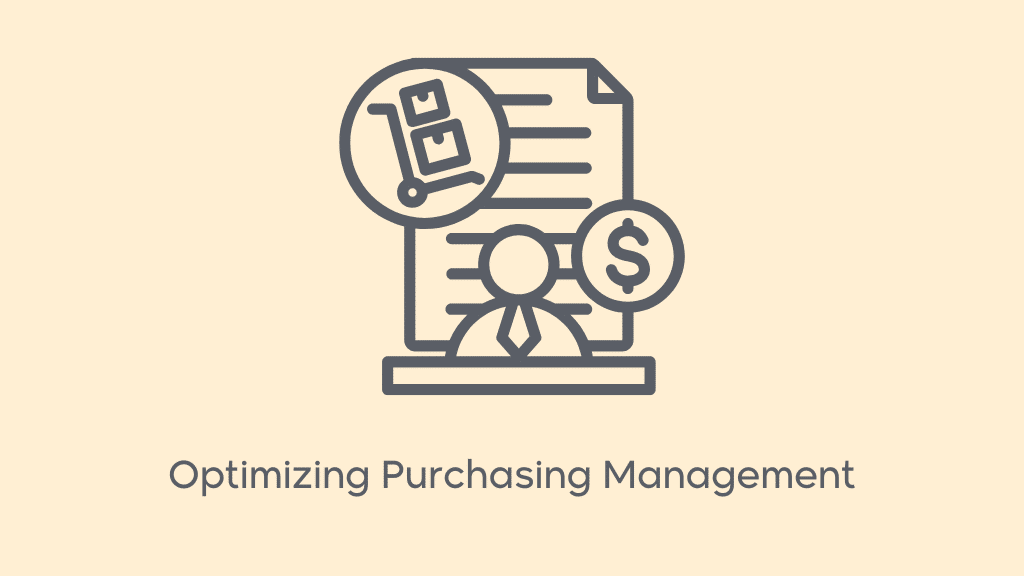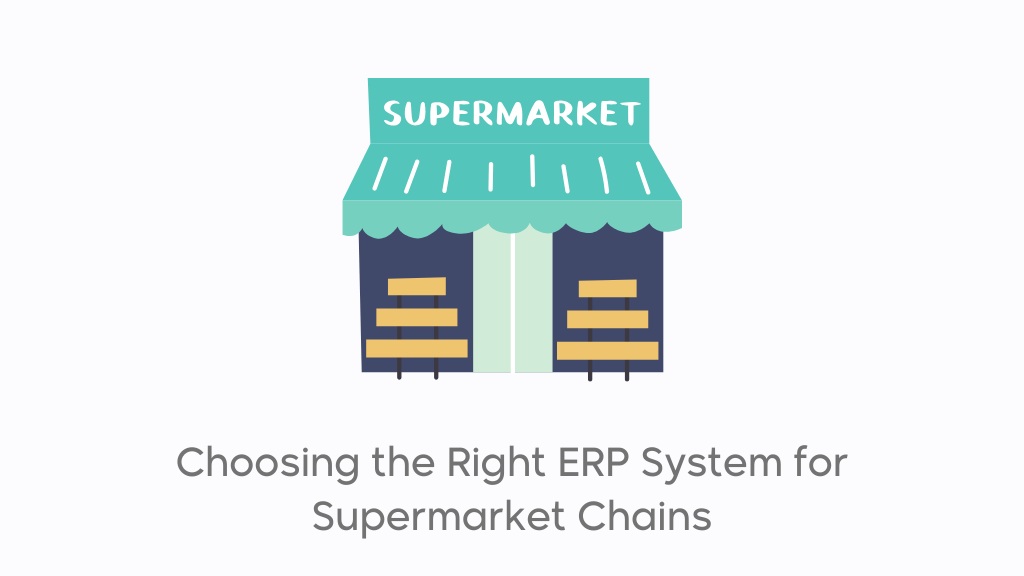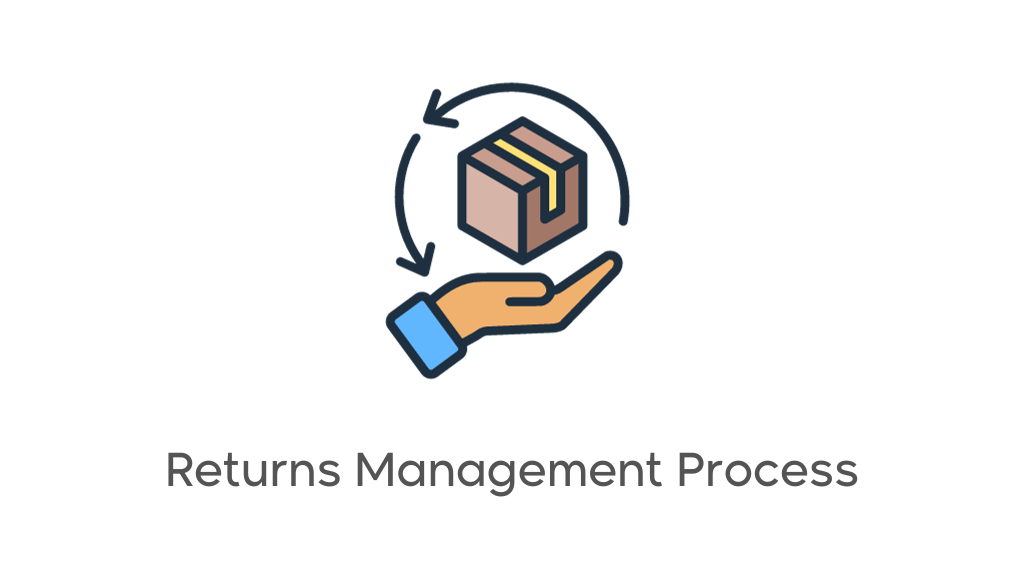Optimizing Purchasing Management and How “Edara” Helps?
4 Reading minutes
While your growing company delivers excellence, purchasing management challenges are emerging as demand rises. Timely resource acquisition at competitive prices is becoming critical to maintain operations.
The key to success lies in refining procurement processes, strengthening supplier relationships, and leveraging technology to automate and optimize operations.
In this article, we’ll explore how to elevate your purchasing management and how “Edara” can be the game-changer your business needs.
What is Purchasing Management?
Purchasing management is acquiring the right materials, products, or services at the right time, in the right quantity, and at the best possible cost. It involves strategic planning, supplier negotiations, cost control, and quality assurance to keep operations running smoothly.
An effective purchasing management system ensures that businesses:
- Maintain a steady flow of necessary resources.
- Optimize costs without compromising quality.
- Build strong supplier relationships for better deals and reliability.
- Reduce risks related to delays, shortages, or price fluctuations.
Mastering purchasing management means transforming procurement into a competitive advantage rather than just an administrative task.
How to Develop Purchasing Management?
Improving purchasing management requires a structured approach that enhances efficiency, reduces costs, and strengthens supplier relationships. Here’s how you can develop an effective procurement system:
Analyzing Current Purchasing Operations
Improving purchasing management starts with understanding current operations. Delays in approvals, frequent last-minute purchases, or supplier inconsistencies can disrupt efficiency and increase costs. Reviewing past purchase records helps identify spending patterns, supplier reliability, and order fulfillment issues.
Assessing inventory levels is also crucial. Frequent stock shortages indicate reactive purchasing, while overstocking leads to unnecessary costs. Additionally, monitoring cost fluctuations ensures that procurement stays within budget and allows businesses to negotiate better terms.
Developing Effective Purchasing Strategies
A strong purchasing strategy aligns procurement with business goals. To achieve this, businesses need to define clear purchasing policies, categorize suppliers based on reliability and cost, and establish contingency plans for supply chain disruptions.
Negotiating long-term contracts with trusted suppliers can lead to better pricing, more stability, and a smoother procurement process.
Strategic planning ensures that purchasing decisions are proactive rather than reactive, preventing unnecessary delays or financial strain.
Improving Supplier Relationship Management
Strong relationships with suppliers can significantly impact procurement success. Open communication and transparency help in building trust, while regular performance evaluations ensure that suppliers meet expectations.
Relying on a single supplier can be risky, so diversifying the supplier base reduces dependency and mitigates potential supply chain disruptions.
Long-term partnerships with reliable suppliers lead to better pricing, priority service, and more flexible contract terms, ultimately benefiting the overall procurement process.
Implementing Quality Standards
Purchasing decisions should never be based on price alone. Maintaining strict quality standards is crucial to ensuring product reliability and customer satisfaction.
Setting clear benchmarks for suppliers, conducting regular inspections, and implementing a feedback system for quality control help maintain consistency. Compliance with industry regulations and certifications further strengthens product credibility and minimizes risks associated with subpar materials or services.
Controlling the Budget
Without strict budget control, purchasing expenses can escalate quickly. Businesses must set spending limits, analyze past purchase data to forecast future needs, and eliminate unnecessary expenditures.
Monitoring purchase orders and approvals ensures that every transaction aligns with the company’s financial goals. Cost management in procurement is not just about cutting expenses but about optimizing spending to achieve the best value for money without compromising quality or operational efficiency.
Using Technological Tools
Technology is a game-changer in purchasing management, and ERP systems like “Edara” provide a structured, automated approach to procurement.
With “Edara”, businesses can streamline purchasing processes by automating purchase orders, tracking supplier performance, and maintaining real-time visibility into stock levels.
The integration of procurement with financial management enables better budget tracking, reducing the risk of overspending. By leveraging ERP solutions, companies eliminate manual errors, enhance efficiency, and make informed purchasing decisions based on data-driven insights.
How Does “Edara” Help Develop Purchasing Management?
“Edara” is more than just an accounting system; it’s a comprehensive solution that enhances purchasing management by streamlining processes, improving efficiency, and providing valuable insights into procurement operations.
With “Edara”, companies can track purchase requests from the moment a need arises until materials are received. This structured approach ensures better coordination, minimizes delays, and enhances supplier communication. Instead of dealing with scattered records and manual tracking, businesses gain full visibility over their procurement cycle in one centralized system.
Beyond tracking, “Edara” offers advanced data analysis tools that allow businesses to monitor purchasing costs, evaluate supplier performance, and identify spending patterns. These insights enable procurement teams to make informed decisions, negotiate better terms, and optimize purchasing budgets.
Routine purchasing tasks, such as invoicing and inventory updates, are automated within “Edara”, significantly reducing manual effort. This automation speeds up approvals, prevents errors, and allows employees to focus on strategic procurement planning rather than repetitive administrative work.
Additionally, “Edara” provides continuous technical support, ensuring that procurement teams can use the system effectively. With proper guidance, businesses can refine their purchasing strategies, strengthen supplier relationships, and continuously improve procurement performance.
For companies aiming to enhance their purchasing management, “Edara” is the ultimate tool, offering control, efficiency, and valuable insights that drive smarter procurement decisions.
Conclusion
Developing purchasing management requires a strategic approach that includes analyzing procurement processes, strengthening supplier relationships, negotiating better terms, and maintaining strict quality standards. These steps ensure a more efficient, cost-effective, and reliable supply chain.
With “Edara”, this transformation becomes seamless. The system provides powerful tools to analyze purchasing data, automate routine tasks, and reduce manual effort, allowing businesses to optimize their procurement operations effortlessly.
Take the next step in improving your purchasing management—request a demo today and see how “Edara” can revolutionize your procurement processes.
Related articles
How to Choose the Right ERP System for Supermarket Chains
According to Gartner, more than 70% of ERP implementations fail to achieve their business objectives, with 25% of these failures being catastrophic. This highlights the critical need for businesses, especially…
Refining Customer Satisfaction via Return Management Process
In the vast landscape of retail, the return management process stands as a significant challenge, with far-reaching implications for businesses. According to the National Retail Federation (NRF), the value of…
Understanding Omnichannel Commerce: A Comprehensive Guide
Imagine a shopping experience where customers feel like they’re interacting with a single, perfectly synchronized brand, no matter where they engage. This is the power of omnichannel commerce. By seamlessly…


